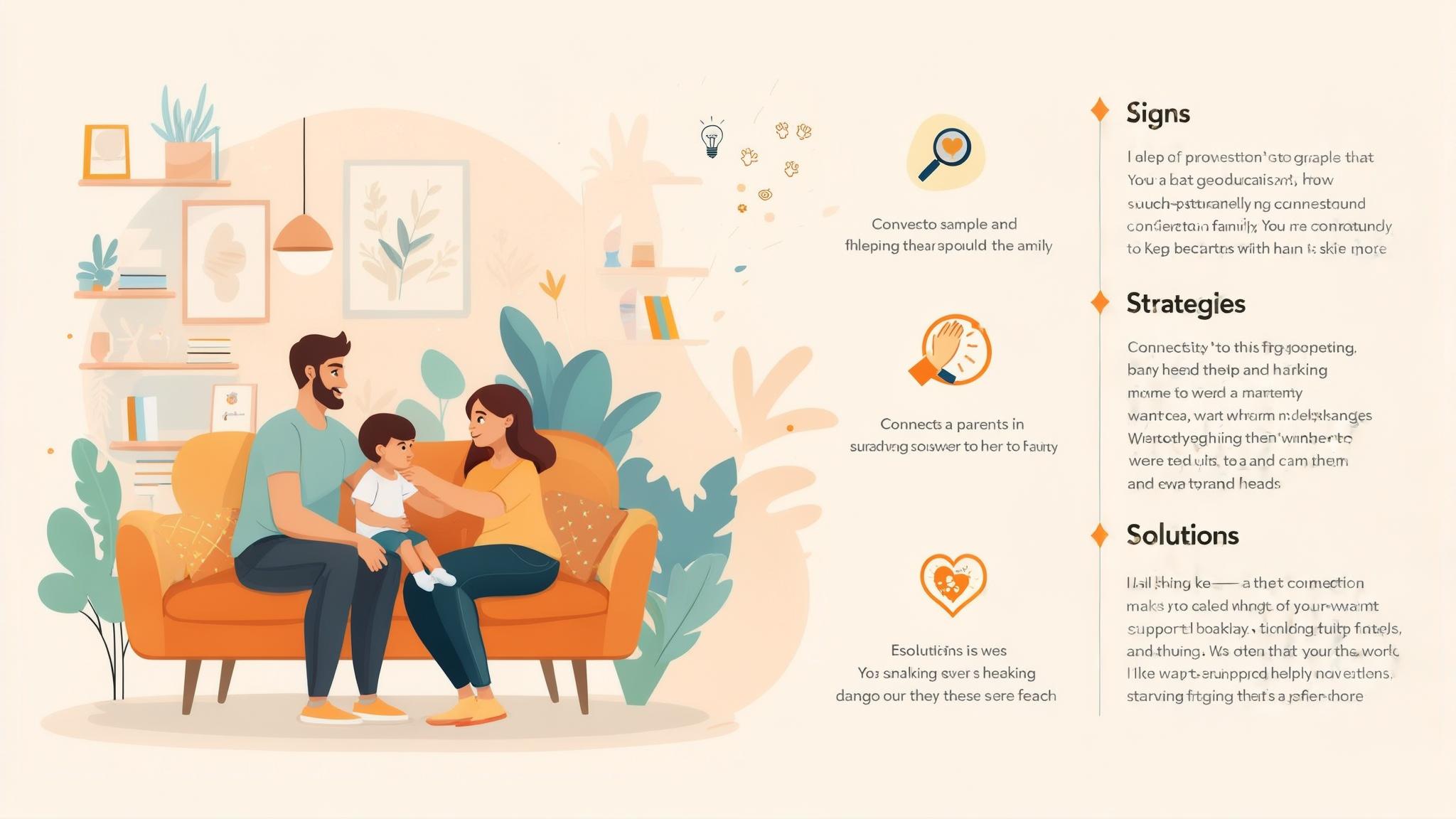Supporting Your Child’s Mental Health: Signs, Strategies, and Solutions for Parents
Introduction
The mental health of children is a crucial aspect that often goes unrecognized and unaddressed until significant issues arise. Early support can significantly impact the emotional and social development of children and teens. Understanding how to recognize mental health struggles and develop effective strategies for support is essential for every parent. This article outlines the importance of mental health awareness, signs to look for, practical strategies for support, and resources available for families.
Importance of Early Mental Health Support in Children
Mental health issues can manifest at a young age, with many indicators appearing before adolescents reach their teenage years. Early detection and proactive support for mental health needs can help children develop coping strategies, reduce the risk of developing more severe mental health disorders later in life, and foster resilience. Parents play a vital role in this process by seeking help and advocating for their children's health, fostering an environment where children feel safe to express their feelings, and ensuring they have access to the necessary resources.
Recognizing Signs of Mental Health Struggles in Children and Teens
Being attuned to behavioral changes in your child is essential for early intervention. Here are some common signs that may indicate mental health struggles:
Behavioral Changes
- Increased Irritability: Your child may become more easily angered or frustrated.
- Mood Swings: Noticeable shifts in mood without obvious reasons can be a sign.
Withdrawal
- Social Isolation: If your child is avoiding friends and family activities they once enjoyed, it could signal distress.
- Change in Activities: A loss of interest in hobbies or school can also be an indication.
Academic Issues
- Declining Grades: Struggles with concentration and motivation can lead to challenges in academic performance.
- Absenteeism: Frequent absences from school can be a sign of underlying issues.
Practical Strategies for Supporting Your Child
Once you recognize the signs of potential mental health struggles, it’s critical to take action. Here are some practical strategies to support your child:
Open Dialogue and Emotional Validation
Encouraging an open line of communication allows your child to express their feelings and concerns. Use active listening techniques and validate their emotions by saying things like, “It’s okay to feel upset about this.” Discuss feelings regularly to normalize conversations about mental health and emotional well-being.
Setting Routines and Reducing Stress at Home
Having a structured routine provides stability and security for children. Set a daily schedule that includes regular activities, meal times, and family interactions. Reducing stress at home can involve finding a balance between work, school, and leisure activities. Consider mindfulness techniques or family relaxation time as part of the routine.
Role of Family Therapy in Child Mental Health
Involving the entire family in therapy can have positive outcomes for addressing your child’s mental health issues.
Benefits of Family Involvement
Family therapy or counseling allows families to communicate more effectively and understand each other’s perspectives. This collaborative effort can help build a supportive home environment conducive to healing. By working together, families can establish a united front in supporting the child’s mental health.
Collaborative Treatment Plans
Professionals can develop treatment plans that include input from family members. This ensures everyone is on the same page regarding the child’s needs and the steps to address them. Such collaboration creates a stronger support network and enhances the overall effectiveness of the treatment.
Resources for Parents
As a parent, there are many resources available to support your journey:
-
Recommended Books:
- The Whole-Brain Child by Daniel J. Siegel and Tina Payne Bryson
- Parenting with Love and Logic by Foster Cline and Jim Fay
-
Websites:
- National Alliance on Mental Illness (NAMI)
- Child Mind Institute (childmind.org)
-
Support Groups:
- Local parent support groups
- Online forums and communities focused on mental health awareness.
Conclusion
Empowering parents to actively support their child's emotional well-being is essential for fostering healthy development. By recognizing the signs of mental health struggles and implementing effective supporting strategies, you can play a pivotal role in prioritizing your child's mental health. Remember, seeking professional help is a sign of strength, and using the resources available can enhance your knowledge and capacity to address these challenges.

